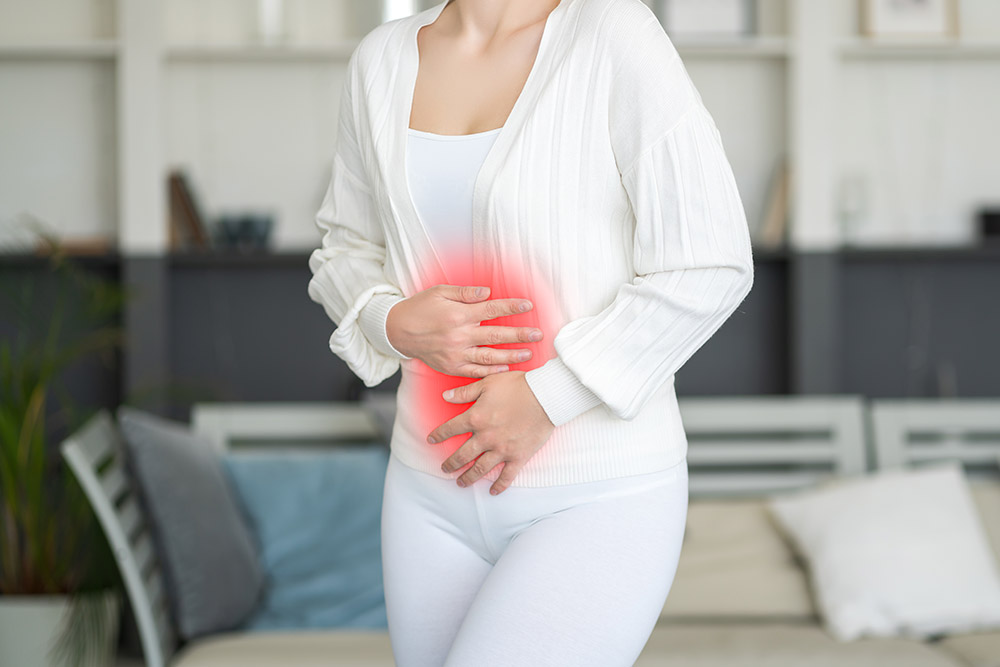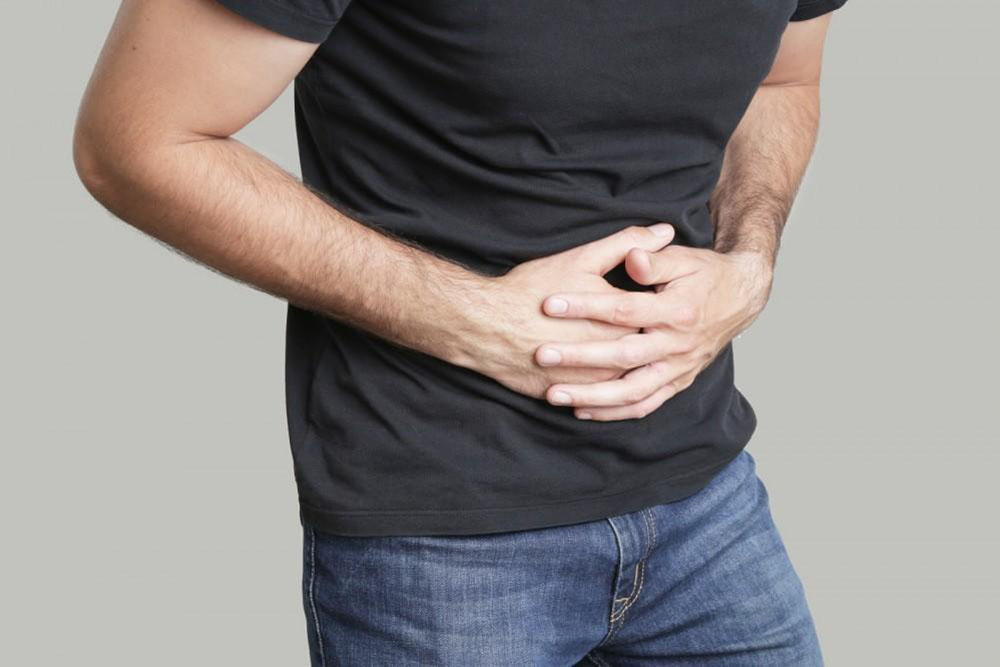What Is Collagenous Colitis?
Collagenous colitis is a form of microscopic colitis characterized by chronic, watery diarrhea. Under the microscope, a thick layer of collagen (a structural protein) is seen just beneath the lining of the colon. Despite frequent, urgent bowel movements, the colon appears normal on standard imaging or endoscopy. With proper diagnosis and treatment, symptoms typically improve quickly.
Common Causes and Risk Factors
- Medications such as NSAIDs (non-steroidal anti-inflammatories), PPIs (proton pump inhibitors), and certain antidepressants
- Other autoimmune conditions, for example celiac disease or rheumatoid arthritis
- Female gender, especially women over age 50
- Cigarette smoking, which may worsen symptoms
Signs and Symptoms
- Frequent, watery diarrhea (often four or more times a day)
- Sudden, urgent need to use the bathroom or occasional incontinence
- Abdominal cramping or pain
- Fatigue, dehydration, or unintended weight loss over time
How Dr. Rishi Diagnoses Collagenous Colitis?
Dr. Rishi uses a step-by-step approach:
Medical History and Exam
He reviews your bowel habits, medication use (NSAIDs, PPIs, antidepressants), autoimmune history, and performs a physical exam to check for abdominal tenderness or distension.
Stool Studies
We analyze stool samples to rule out infections (bacteria, parasites), Clostridioides difficile, and measure inflammatory markers like fecal calprotectin.
Colonoscopy and Biopsy
- A colonoscope inspects the lining of the colon which often looks normal to the naked eye.
- Multiple biopsies are taken so our pathologist can confirm the characteristic thickened collagen band under the microscope.
Additional Tests (if needed)
Occasionally, blood tests for celiac disease or thyroid function are ordered, or imaging studies (CT or MRI) to exclude other gastrointestinal conditions.
Frequently Asked Questions
What causes collagenous colitis?
Collagenous colitis may be triggered by certain medicines (NSAIDs, PPIs, antidepressants), autoimmune conditions (like celiac disease), age (over 50), female gender, and smoking.
Is collagenous colitis dangerous?
It's not life-threatening but can disrupt daily life with persistent watery diarrhea and fatigue if not treated.
How is collagenous colitis diagnosed?
Your doctor will review your health history and do stool tests, then perform a colonoscopy with biopsy to look for the characteristic collagen layer under the microscope.
Can collagenous colitis go away without treatment?
Some people improve on their own, but most benefit from dietary changes and medications to control symptoms and prevent relapse.
What is the ICD-10 code for collagenous colitis?
The official code used for insurance and medical records is K52.82.
How long until I feel better?
Many patients notice improvement within a few weeks on treatment, though some may need longer courses of medication or diet adjustments.
Can I travel if I have collagenous colitis?
Yes. Plan ahead by staying hydrated, packing antidiarrheal meds, and mapping out restroom stops along your route.
Is collagenous colitis the same as lymphocytic colitis?
They both cause chronic watery diarrhea but differ under the microscope: collagenous colitis has a thick collagen layer, while lymphocytic colitis shows excess lymphocytes.
Will I ever need surgery?
Surgery is very rare and reserved for severe cases that don't respond to medical or dietary treatment.
10. Where can I read more?
Check patient education materials from the American College of Gastroenterology or ask Dr. Chadha for trusted resources during your visit.











